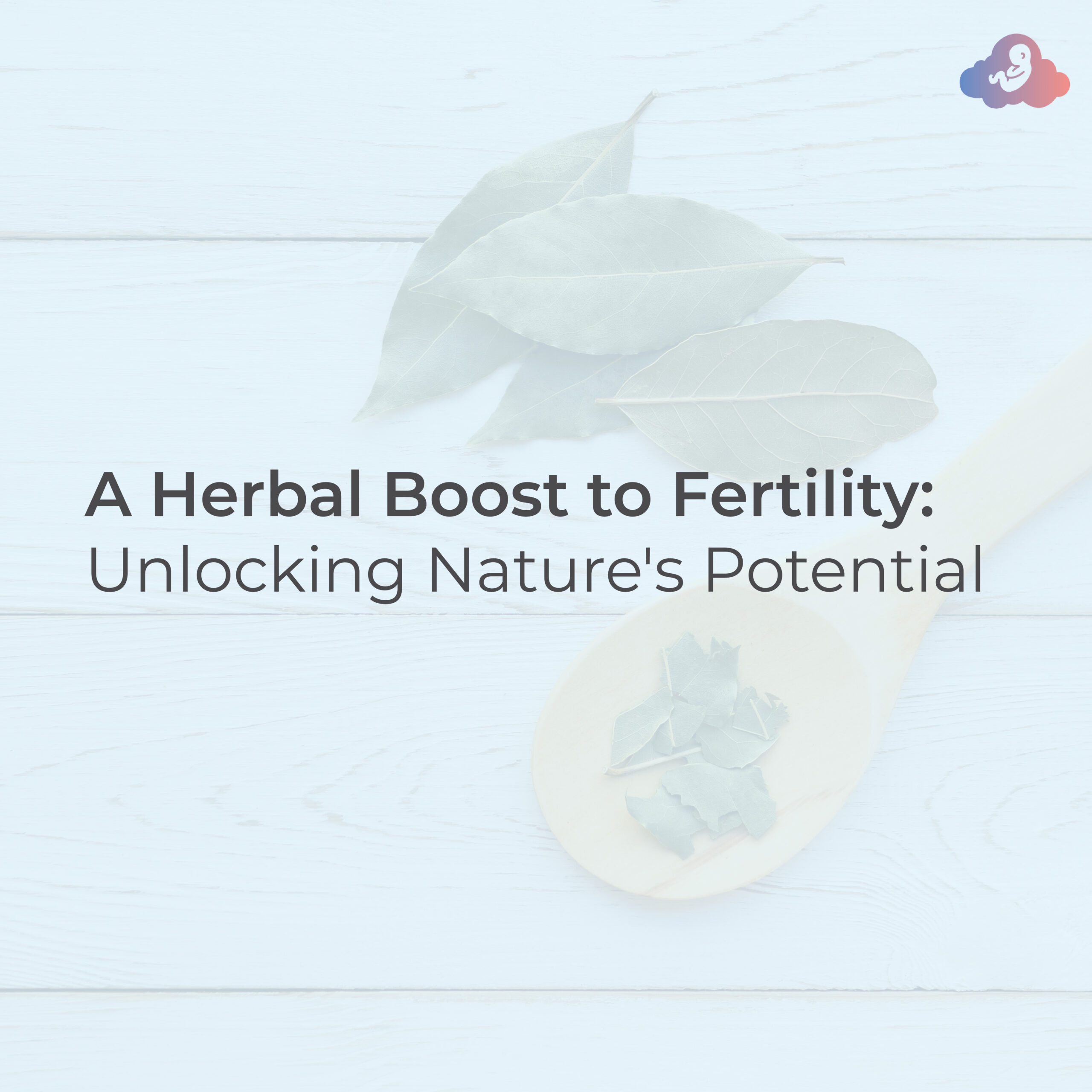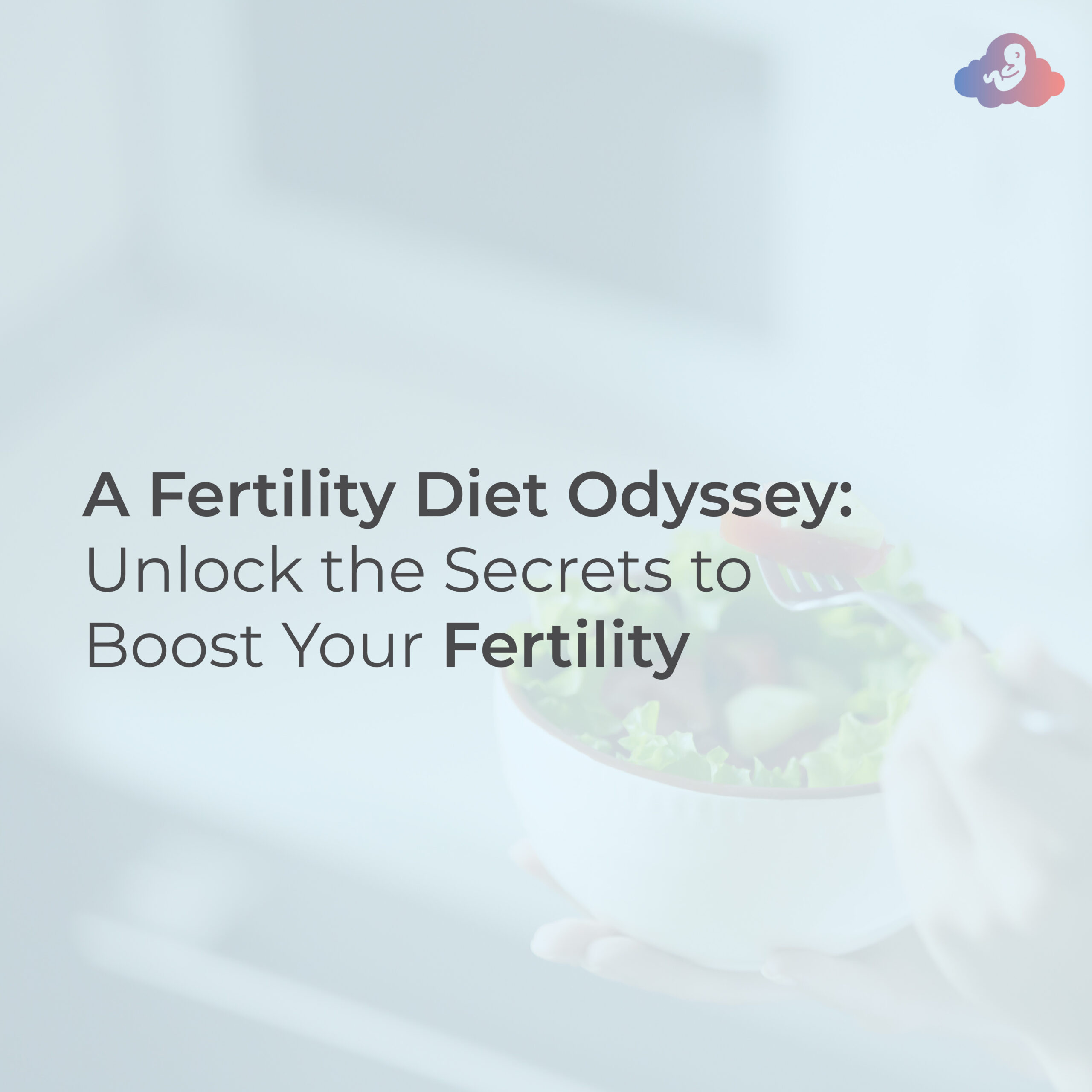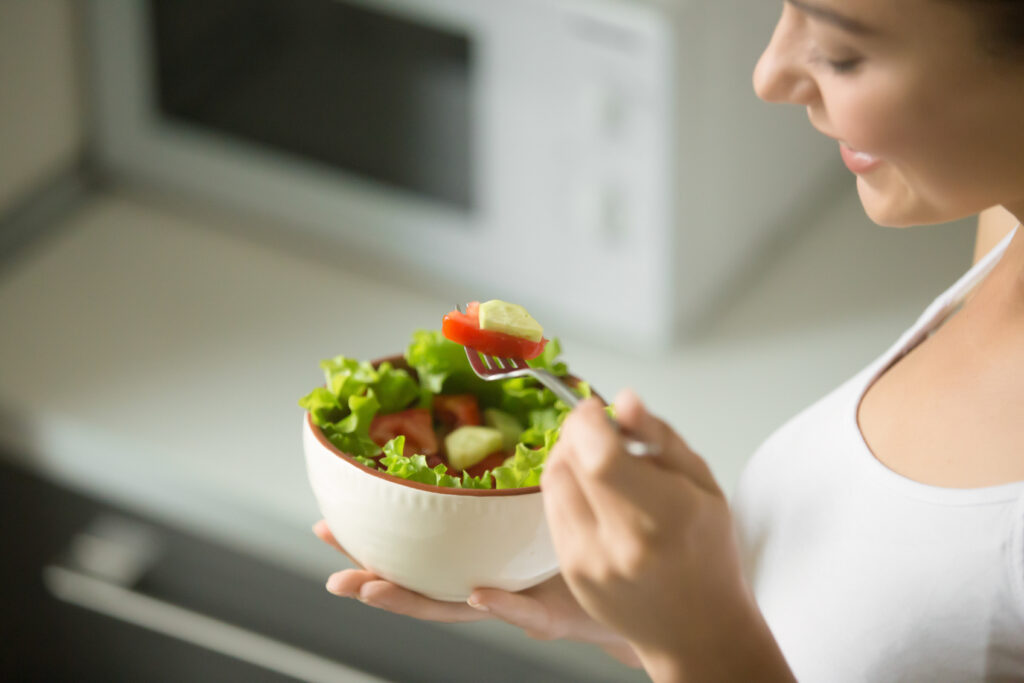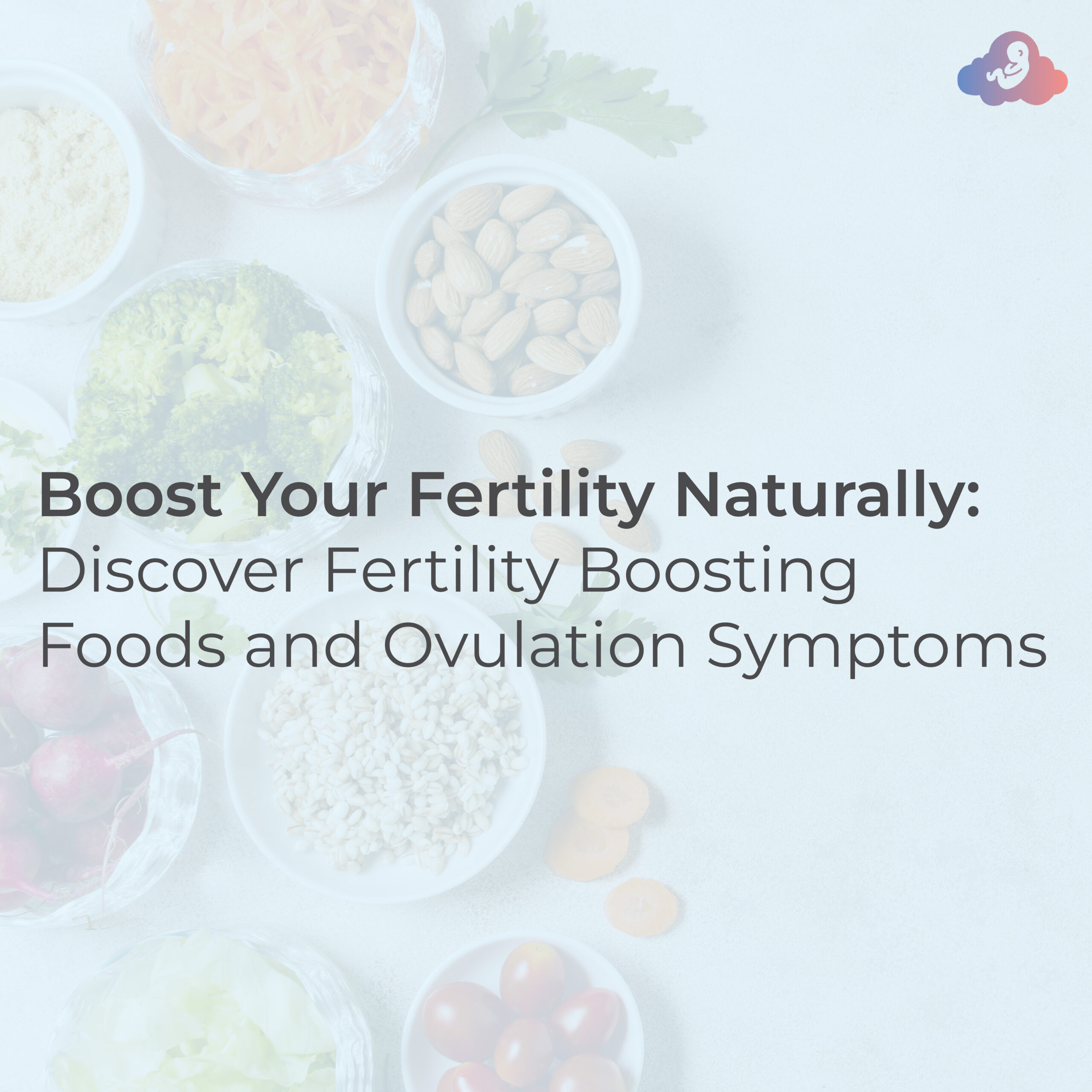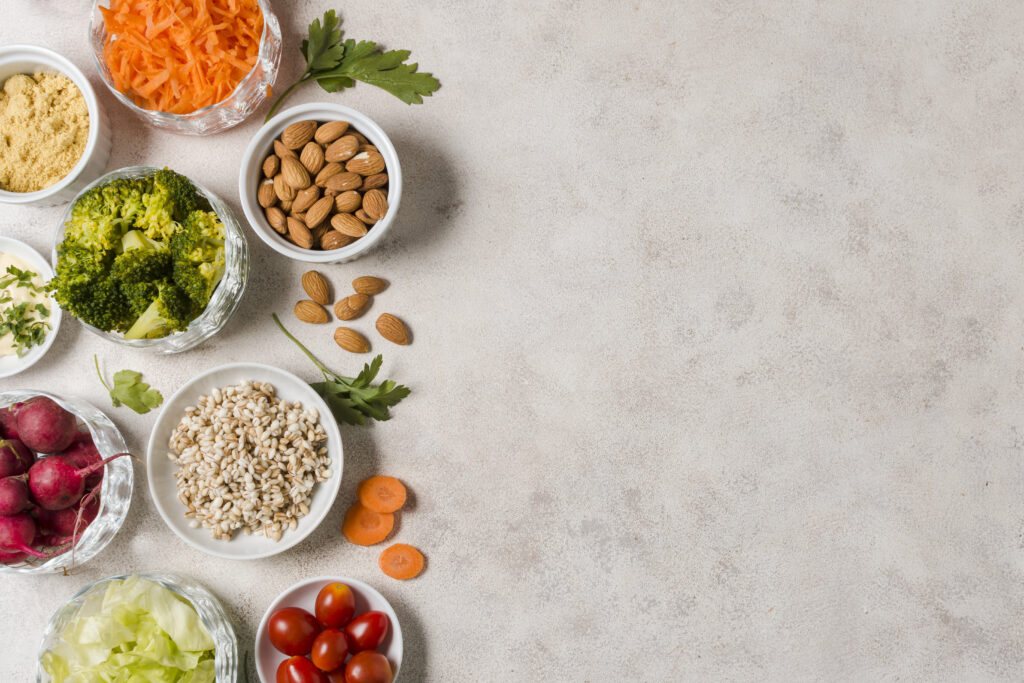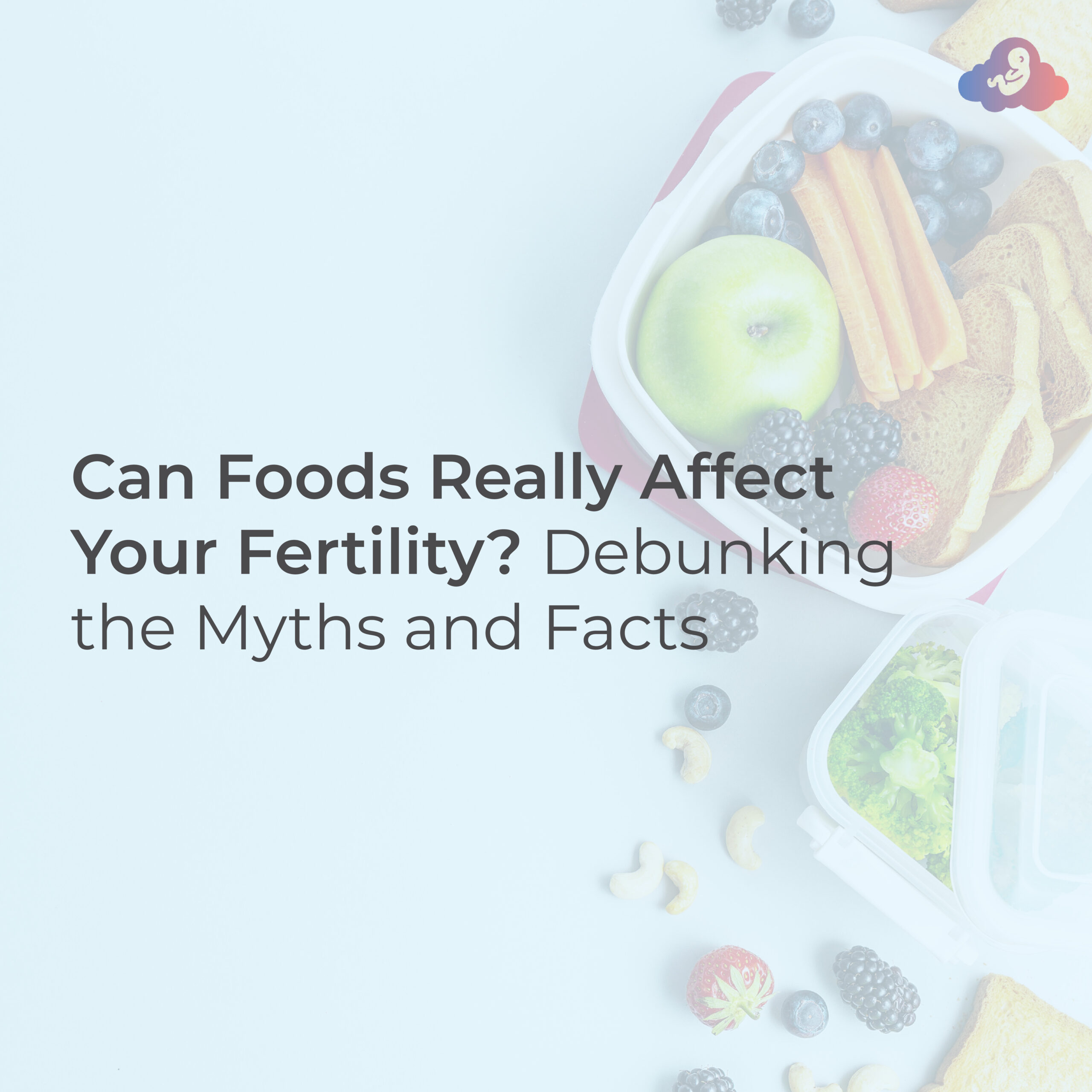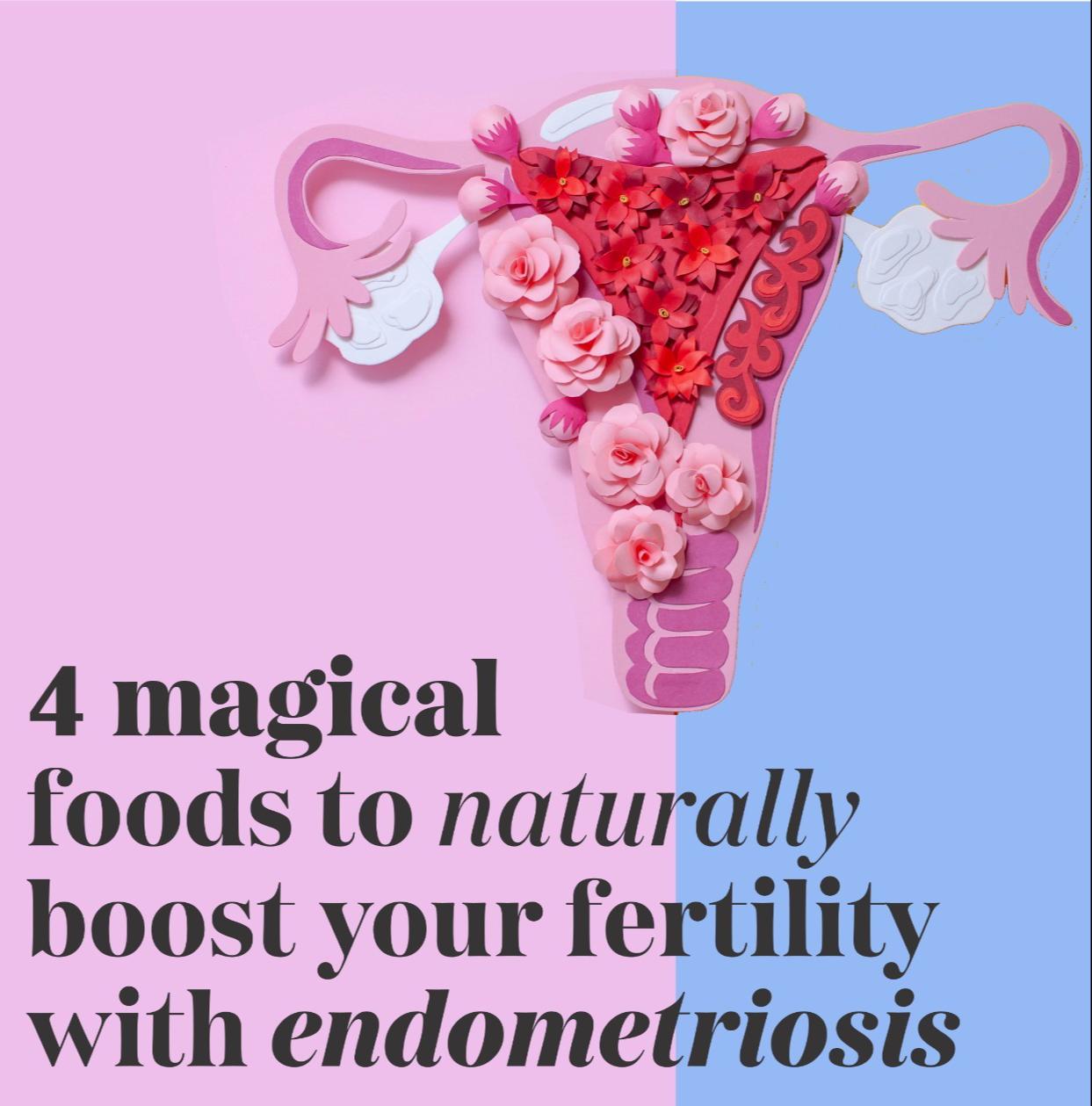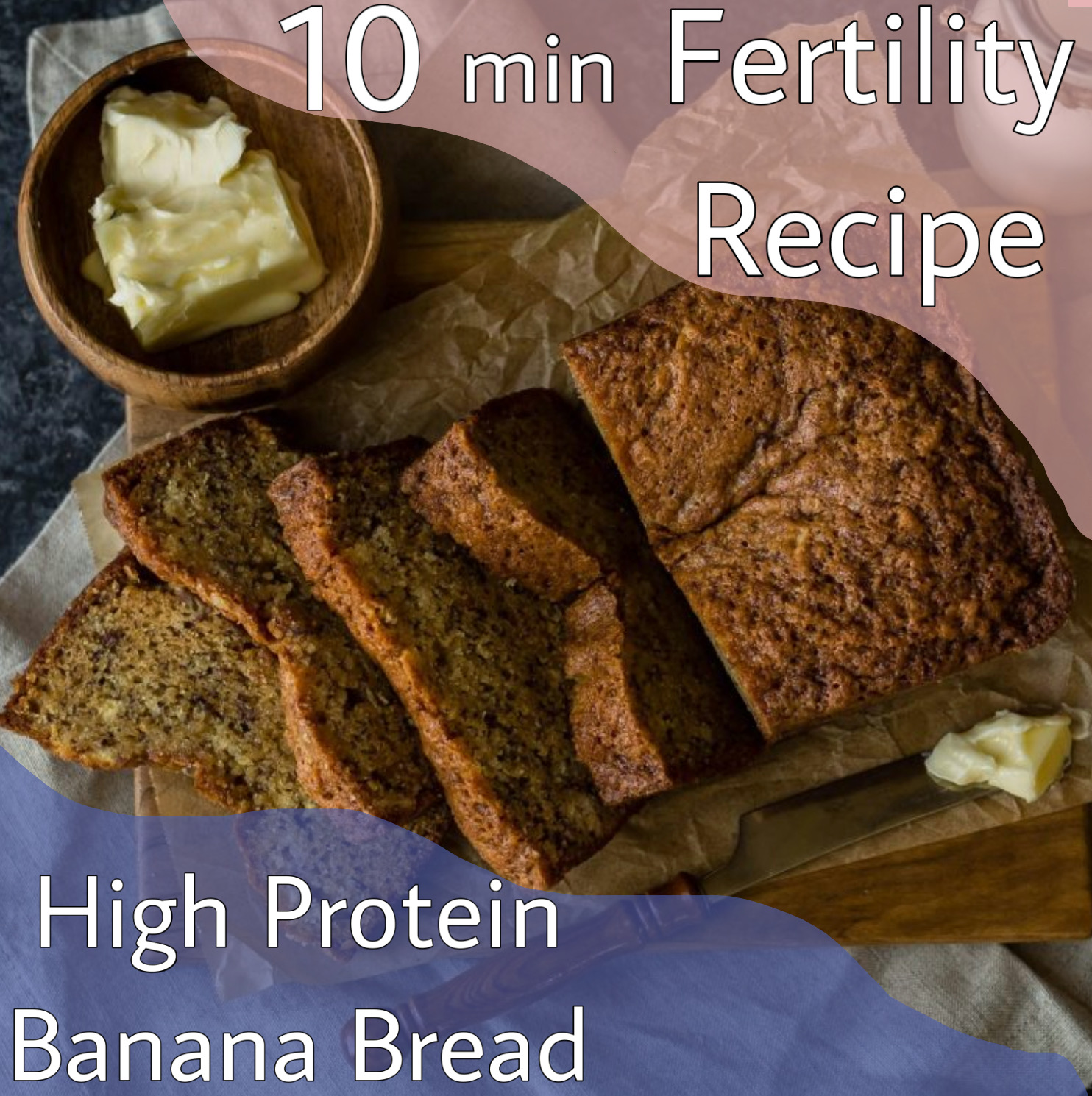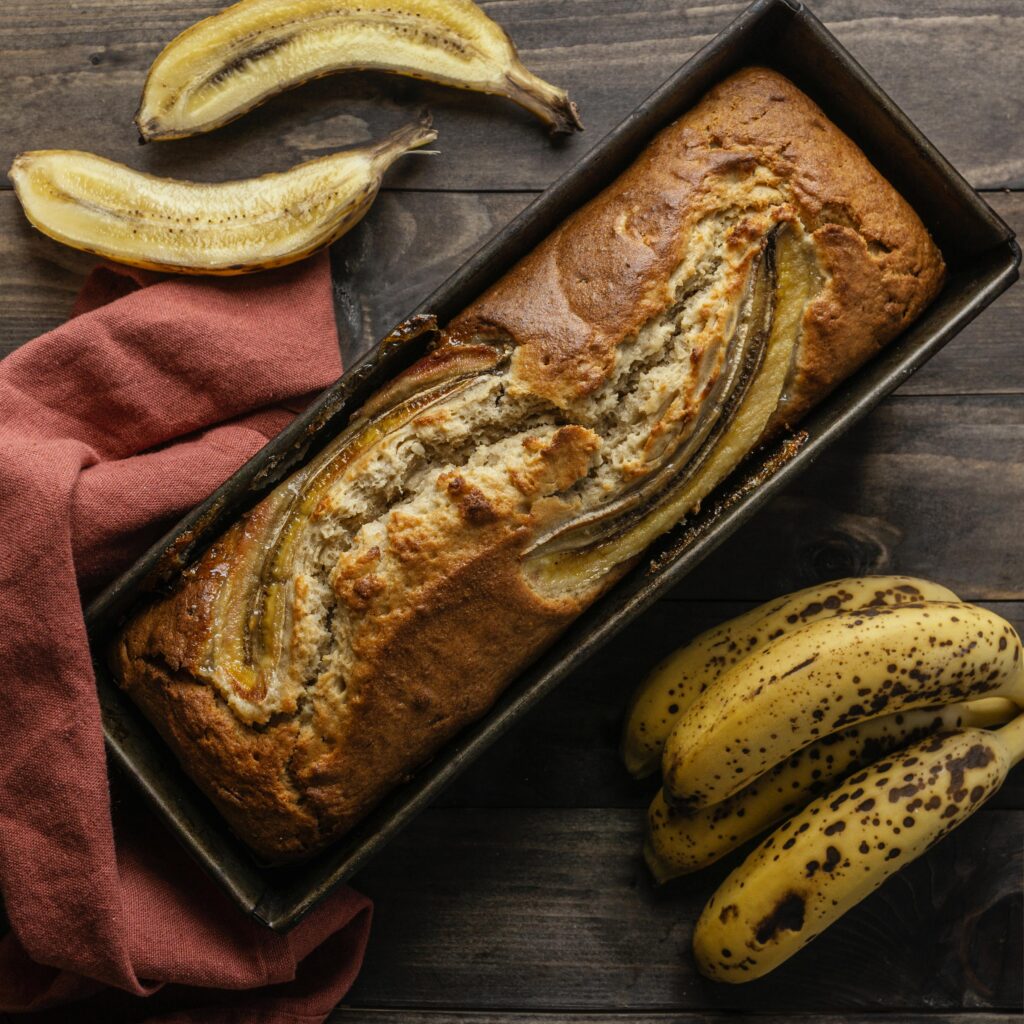Learn about natural treatments for boosting fertility
A Herbal Boost to Fertility: Unlocking Nature’s Potential
In today’s fast-paced world, many couples face challenges in their quest to start a family. Infertility issues are on the rise, and it’s no wonder that more and more people are turning to alternative treatments to boost their chances of conception. One such natural solution is the use of fertility herbs. In this comprehensive guide, we’ll explore the fascinating world of these potent plants, their uses, and how they can make a difference in your fertility journey. So, buckle up and let’s dive into the miraculous world of fertility herbs.

Fertility Herbs: Nature’s Gift to Couples
The Wonders of Herbal Medicine
For centuries, humans have relied on the healing powers of plants to treat various ailments. Traditional medicine systems like Ayurveda and Traditional Chinese Medicine have long recognized the importance of herbs in promoting overall health and well-being. Fertility herbs have been used for generations to enhance reproductive health and improve the chances of conception.
The Science Behind Fertility Herbs
Modern science has also begun to explore the potential of these fertility herbs, and several studies have confirmed their effectiveness. Some of these herbs are known to balance hormone levels, improve the menstrual cycle, and enhance overall reproductive health.
Recognizing Ovulation Symptoms
In order to fully understand the impact of fertility herbs on conception, it’s crucial to be familiar with ovulation symptoms. Ovulation is the release of an egg from the ovary and is essential for conception to occur. Some common ovulation symptoms include:
- Changes in cervical mucus
- Mild abdominal pain or cramping
- Increased libido
- Breast tenderness
- Basal body temperature spike
Knowing these symptoms can help you identify your fertile window and maximize your chances of conception.
Top Fertility Herbs to Boost Your Chances
1. Chaste Tree Berry (Vitex agnus-castus)
Balancing Hormones
Chaste tree berry, also known as Vitex, is a popular fertility herb known for its ability to balance hormonal levels. This powerful herb has been found to regulate the menstrual cycle, increase progesterone levels, and improve overall reproductive health.
2. Red Raspberry Leaf (Rubus idaeus)
Strengthening the Uterus
Red raspberry leaf is a nutrient-rich herb that helps to tone the uterine muscles, improve blood flow to the reproductive organs, and decrease menstrual cramps. It’s often consumed as a tea and is a popular choice among women trying to conceive.
3. Maca (Lepidium meyenii)
Enhancing Libido and Fertility
Maca, a root native to the Andes mountains, has been used for centuries to improve libido and enhance fertility. Rich in essential nutrients, maca can help balance hormonal levels, support egg health, and increase sperm count in men.
4. Black Cohosh (Actaea racemosa)
Regulating Menstrual Cycles
Black cohosh is another powerful fertility herb that has been used to regulate menstrual cycles and reduce the symptoms of premenstrual syndrome (PMS). It may also have a positive effect on estrogen levels, making it an excellent choice for women with hormonal imbalances.
Combining Fertility Herbs and Lifestyle Changes
The Power of a Holistic Approach
While fertility herbs can provide a significant boost to your reproductive health, it’s essential to combine them with a healthy lifestyle to maximize their benefits. Eating a balanced diet, exercising regularly, managing stress, and getting enough sleep are all crucial factors in supporting fertility.
Mindfulness and Meditation
Practicing mindfulness and meditation can also help you navigate the emotional rollercoaster that often comes with trying to conceive. Developing a healthy mindset and staying positive can work wonders on your fertility journey.
Consulting a Professional
The Importance of Expert Guidance
Before incorporating them into your routine, it’s essential to consult with a qualified healthcare professional or herbalist. They can guide you in choosing the right herbs, determining the correct dosages, and ensuring that they don’t interact with any medications you’re currently taking.
Monitoring Ovulation Symptoms
Working with a healthcare professional can also help you monitor your ovulation symptoms and determine the best time to conceive. They may suggest using ovulation predictor kits, tracking basal body temperature, or charting cervical mucus changes to pinpoint your fertile window.
Fertility Herbs for Men
Boosting Male Fertility
Fertility herbs can be just as beneficial for men as they are for women. Some herbs, like maca, can improve sperm count and motility, while others, such as ashwagandha, can help manage stress and support overall reproductive health.
FAQs About Fertility Herbs
- Are fertility herbs safe to use?
They are generally considered safe when used as directed and under the guidance of a qualified healthcare professional. However, it’s essential to consult with an expert before starting any herbal treatment, as some herbs may interact with medications or have potential side effects. - How long does it take for fertility herbs to work?
The effectiveness of fertility herbs can vary from person to person. Some individuals may notice improvements within a few weeks, while others may require several months of consistent use. Patience and persistence are key when using fertility herbs. You can also try with pre and probiotics foods. - Can I use fertility herbs alongside conventional fertility treatments?
It’s crucial to consult with your healthcare provider before combining them with conventional treatments, as some herbs may interact with medications or affect treatment outcomes. - What is the best way to consume fertility herbs?
Fertility herbs can be consumed in various forms, such as teas, capsules, tinctures, or powders. The best method for you will depend on your personal preferences and the recommendations of your healthcare professional. - Can fertility herbs help with conditions like polycystic ovary syndrome (PCOS) or endometriosis?
Some of them, such as Vitex or black cohosh, may help alleviate symptoms and improve fertility in individuals with PCOS or endometriosis. However, it’s essential to consult with a healthcare professional before using herbs to address these conditions. - Can I use fertility herbs during pregnancy?
Some fertility herbs may not be safe to use during pregnancy. It’s crucial to consult with your healthcare provider before using any herbs or supplements during pregnancy.
Conclusion
Fertility herbs offer a natural and effective way to boost your chances of conception. By understanding ovulation symptoms, incorporating the right herbs into your routine, and making essential lifestyle changes, you can optimize your reproductive health and increase your likelihood of starting a family. Remember to consult with a qualified healthcare professional before embarking on your herbal fertility journey, and stay positive as you navigate the exciting world of fertility herbs.
To speak with our fertility specialist from the convenience of your home

